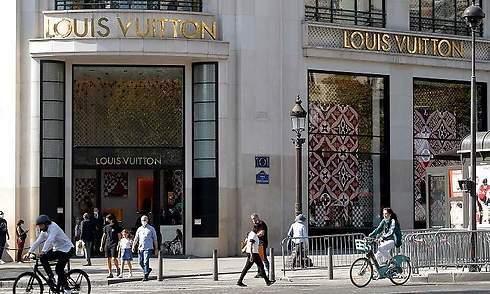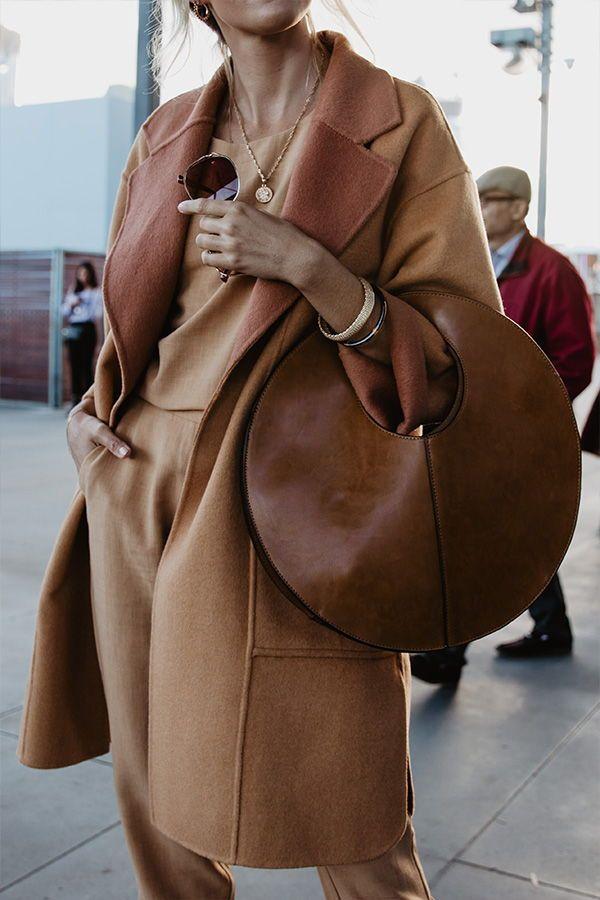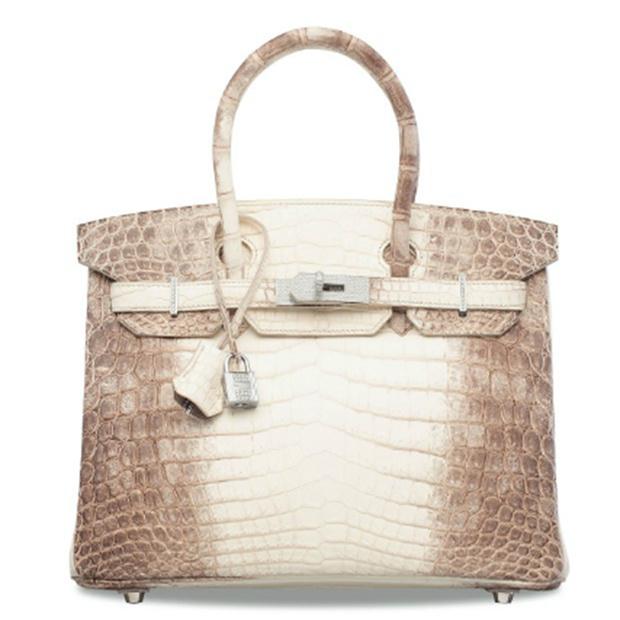- Cristina Candido
"When Hermès reopened its Guangzhou store in April last year, after months of closure, first-day sales reached a record 2.7 million dollars," recalls Capital Group to illustrate the growing dependence that luxury has on China. A market that will represent 40% of the global demand for the industry by 2025, calculates Icex.
Although the growth figures expected for the sector are promising, the Asian giant is giving bad news this summer and luxury is no stranger to this turbulence. The recovery is losing steam, according to the latest data on industrial production and retail sales, fueling fears of a slowdown that is added to regulatory uncertainty about technology companies and greater tax pressure on high-income segments.
A cocktail of factors that has only increased the annual losses of the main Chinese parquets the CSI 300 and the Hang Seng, yielded 7.4% and 6.7%, respectively and that indirectly It has had an impact on European luxury, which has fallen by almost 10% since the historical highs it reached on August 13.
"In China, consumers who used to shop in Paris or Milan now go to the high-end shopping districts of Beijing or Shanghai. Conversely, due to restrictions, luxury brand operators have to depend to a large extent on local customers for their European stores", the manager explains.

But all is not lost for investors seeking to diversify their portfolio, since the correction of these marks should be read as an opportunity to purchase securities at a discount that trade at demanding multiples.
"We have insisted on several occasions not to take direct exposure to Chinese companies, but to Western companies exposed to the country. Luxury is set as a good alternative to do so, and the recent correction should be interpreted as an entry opportunity at more attractive prices", point out from Bankinter
MSCI Europe Textiles, Apparel and Luxury Goods is up 19% in 2021 and has fallen by around 11% per PER (number of times the profit is included in the share price) to 30.4 times in the last two weeks, compared to the 63.5 times it reached at the end of 2020. The normalization will continue in 2022, when the ratio is expected to fall to 26 times.
Growth
The reduction in this multiplier is based, in addition to the fall on the stock market, on the improvement in forecasts. "The sector has taken a brief pause to breathe in recent weeks, but strong reporting may revive interest, particularly for quality growth names with clear second-half stories," they say from Berenberg.
Taking the eight most representative European houses as a reference, which on average trade at a multiplier of 29.5 times, profit is expected to grow by 14% in 2022 compared to 2021.
By proper names, the cheapest is Pandora, with a PER that will go from 18 to 16 times in 2022. On the other side, Ferrari continues to be the most expensive, with a ratio of around 39 times for next year.
Swatch and Moncler are the ones that offer the most discounts for the next year, almost 20%. In the Swiss watch brand, the multiplier falls to 16.6 times, while in that of the fashion firm it drops to 30.7 times.
Precisely, the Italian will sign the highest expected profit growth, 26% to 475 million euros in 2022, followed by the optician EssilorLuxottica, whose profit will increase 25% to 768 million in 2022.
Recommendation and potential
Now, according to the valuations handled by analysts, the best option in the sector is the French LVMH, with a buy recommendation and a potential of 22% facing the coming months despite rising 48% in 2021. "We continue to buy LVMH for its quality and momentum, while staying neutral on Burberry and Moncler," says Berenberg.
The only brand that is overvalued in the eyes of analysts is Hermès, after posting a 35% rise since January.




